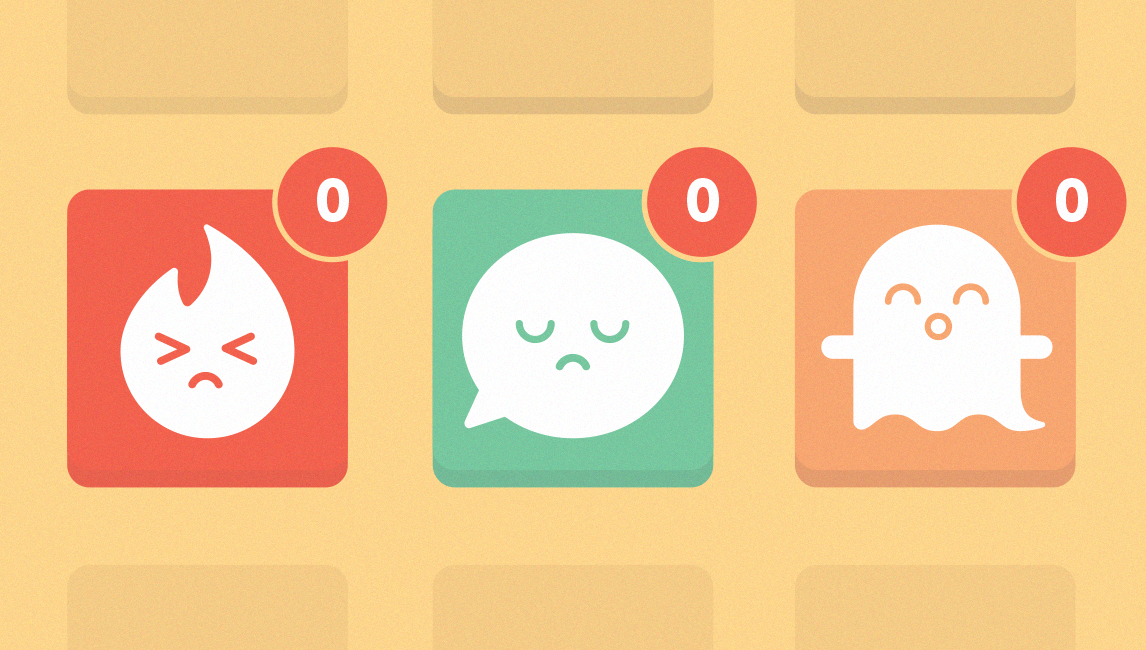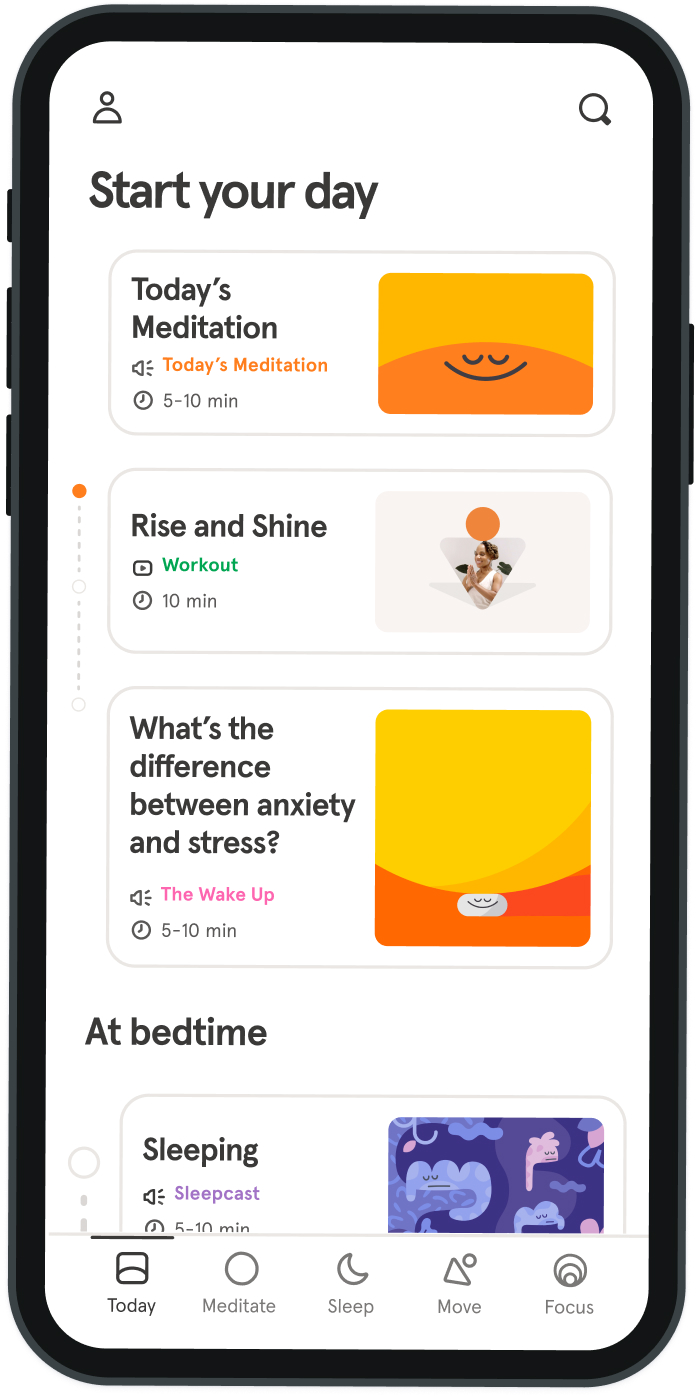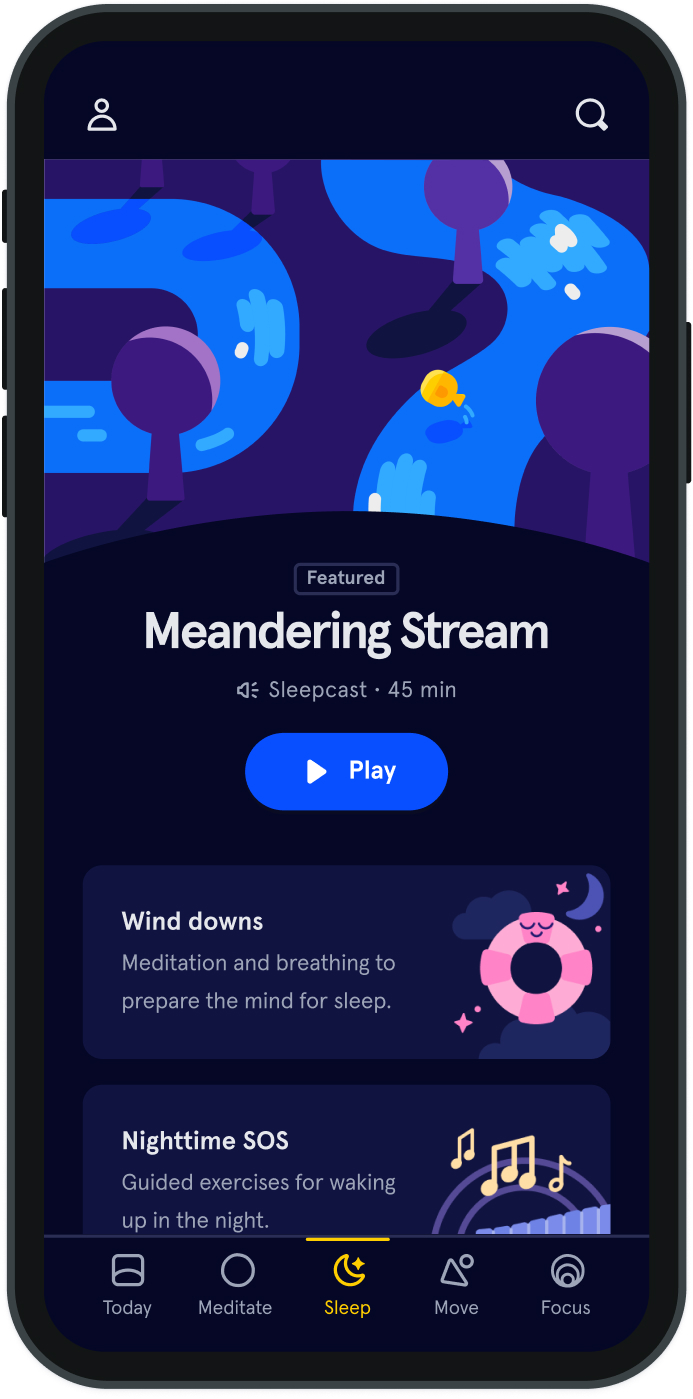Are you too judgmental?
In a crowded Brooklyn yoga studio, my classmates and I held a very uncomfortable pose—it involved standing on one leg, torso parallel to the floor—for what felt like hours. My thigh burned, sweat poured into my eyes and my inner monologue went something like this: “I hate this!” “When will it end?” “I don’t think I can stand another second!"
When it was (finally) over, the teacher said: “You might be experiencing some sensation in your leg right now. I like to suggest that you not label that as ‘pain’ but simply relax into it. Be curious about what it feels like without judging it as ‘bad.’” So I tried it and was very surprised to find that the feeling in my thigh really wasn’t so terrible—it was just a sensation, one that would pass soon enough. The real pain was coming from my mind—my judgment of the experience overshadowed the reality of what was happening in my body. We spend our lives judging. Do you like the song that’s streaming? Hit the “like” button. Disappointed in your restaurant meal? Give it one star! While it can feel empowering at times, the energy we spend trying to decide whether to hold our thumbs up or down is not only exhausting, it can also cause us a lot of unnecessary misery. So why do we do it? Psychologist Elisha Goldstein, Ph.D., co-founder of the Center For Mindful Living and author of “Uncovering Happiness,” explains that judgment is a survival instinct—responses like disgust and fear keep us from eating rotten food and walking down unlit streets.
“We are wired to survive, rather than be happy, so the brain is constantly on the lookout for things that could harm us in some way,” says Goldstein. Unfortunately, this useful instinct often kicks in at less-than-helpful times, like right before you give a presentation at work. That’s when feelings of dread or panic can create even more stress. The uncomfortable feeling arises and sets off alarm bells (something bad is happening!) which makes you freak out even more. “When you’re worrying about pain—whether physical or emotional—you’re tensing around it, so the perception is that it is more intense,” Goldstein explains. On the flip side, when you relax and allow uncomfortable feelings to just be there, they frequently subside. “When we pay attention to the sensation out of curiosity, we turn the volume down on the worry, so the pain is usually not as intense as we had perceived it to be,” says Goldstein. Again, Goldstein stresses, judging isn’t always bad. And we shouldn’t always “ride it out.” So if your exercise routine makes your muscles burn, that’s probably a good thing; if it’s causing you joint pain, then something needs to change. Likewise, if you’re nervous about the presentation because you don’t want to disappoint your co-workers, that’s probably worth pushing through; if your apprehension is due to the fact that risk-takers at your firm are often penalized, then your internal warning system might have useful information.
“The question to ask: is this nourishing or depleting for me to be judging in this moment?” says Goldstein. Goldstein suggests that when difficult feelings arise, take a deep breath and check in with your body. Where are you feeling the tension? Just feel it and breathe. Then ask yourself: “What do I need right now?” Goldstein says it’s helpful to prepare a list of ways that you can soothe yourself in times of stress—like taking a walk, petting your dog, or calling a friend—so you’ll have some useful ideas when the moment arises. (But note: the idea here is to reconnect with your body, rather than distract yourself from discomfort. That’s why habitual responses like checking social media or eating a muffin are generally not skillful ways to soothe yourself.) After that, it should be easier to make a clear-headed decision about your best course of action. For example, if you’re feeling frustration with a co-worker, you can make a plan to discuss it with her. If you’re overwhelmed because your house is a mess, you can determine the best means of getting that under control. The more you practice seeing your judgement habit, the more adept you can become at stepping away from it—using the judgments as information, rather than thoughtlessly reacting to them. “The point is to gain freedom from automatic reactivity,” says Goldstein. “It’s not that we are just sitting in this choiceless awareness all the time. We want to nourish what is good, to water that part of the garden, and pull the weeds of the part that isn’t helpful.”

The more you practice seeing your judgement habit, the more adept you can become at stepping away from it.
Sara Eckel
The more you practice seeing your judgement habit, the more adept you can become at stepping away from it.
Sara Eckel


Be kind to your mind
- Access the full library of 500+ meditations on everything from stress, to resilience, to compassion
- Put your mind to bed with sleep sounds, music, and wind-down exercises
- Make mindfulness a part of your daily routine with tension-releasing workouts, relaxing yoga, Focus music playlists, and more
Meditation and mindfulness for any mind, any mood, any goal

Stay in the loop
Be the first to get updates on our latest content, special offers, and new features.
By signing up, you’re agreeing to receive marketing emails from Headspace. You can unsubscribe at any time. For more details, check out our Privacy Policy.
- © 2025 Headspace Inc.
- Terms & conditions
- Privacy policy
- Consumer Health Data
- Your privacy choices
- CA Privacy Notice
